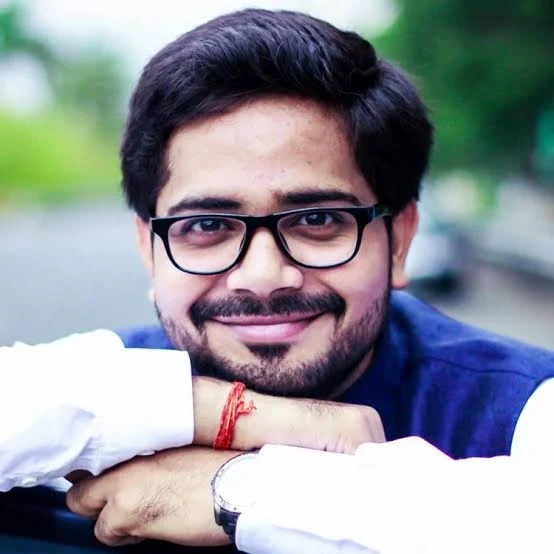Topic
Panel on - Is the virtual Platform Affecting publishing and real essence of reading
On 28th Nov 1.00 p.m. - 1.40 p.m.
Panel on "Crime Fiction - an instigator or Inhibitor"
On 29th Nov 1.00 p.m. - 1.40 p.m.
Abeer Kapoor: Crime Fictions are a gift of the Colonial period. British has actually a great font for detective crime fiction which gave rise to Sherlock Holmes so if you are in police you should have to read Sherlock Holmes. Detective fiction began in the Lahore area at the time of British. Bengal had its own version of Sherlock i.e. Byomkesh Bakshi. Crime fiction is rooted in reality. Detective stories have long histories in India. It has a long regional response too. For me crime fiction means history of place and time, history of people and region. England has done an amazing job in terms of Crime fiction. There is always a relation between a detective fiction, crime fiction and setting. The detective searches for clues, often makes mistakes, may identify the wrong party, but eventually solves the crime. The goal is for the audience to piece the clues together while the detective works.
Anuj Tiwari: My stories are inspired from true stories. The crime we face on a daily basis is motivation for me to write. Time has changed and story brands have been established. I would still like to read old crime fiction sold on railway stations because it still has a charm. All new stories, if you look, have their root in those old stories. Time may have changed but the core of the story will remain the same. We cannot count the importance of stories by the number of pages and its price but through the essence of stories. Crime fiction is bestselling genres and the most borrowed from public libraries. One of the reasons I believe crime fiction is popular is because people are fascinated by human behavior.
Tanushree Poddar: Crime fiction is actually challenging the readers to pick intelligence against the author. Maximum number of Twists makes the book more interesting. I must say that contemporary life is reflected in crime fiction. Crime fiction also tries to bring social issues at some point in the story. One of my books has highlighted many issues that exist in Bollywood. The atmosphere in which we write mysteries is very important. In one of my stories I created a fictional city of which idea I got while being on travel. Taking a story forward is a challenge.
Panel on - Media Trials - A rape of a rape case
On 29th Nov 3.00 p.m. - 3.40 p.m.
Naveen Choudhary: It's important to take message all the while from all the gatherings in question and constructs the assessment on an issue, with unquestionably compromises the foundation from disregarding rights with the development of the quantity of information diverts and in expanding prominence of" breaking news". Electronic Media has come to assume a significant part in blending popular assessment and awareness public promotion outside the court through a grounded system like campaigning, dealings and activation of general assessment has been viably embraced by the media. The latest thing of media on announcing cases generally known as "Preliminary by media" has seen the vibe of self-showed stories, insane truth bringing about the infringement of right of people, coming about media revealing changing into a media bazaar.
Anuj Tiwari: Trial by media is an expression well known over the most recent time to portray the effect of TV and print media taking up a case by making a wide spread view of any case for any decision in a courtroom and consequently the denouncement is held blameworthy even before his decision. This nonsense drama on TV to sell their story and lift their TRP, leaving sweeping injury to the standing of the blamed. The media includes itself so seriously and during such high exposure legal disputes the media sensationalizes the case and incites a climate of public insanity which not just makes free and reasonable thoughts hollow and untrustworthy.
Vinay Nalwa: Suspects and denounced separated, even casualty and witnesses experience the ill effects of inordinate exposure and attack of their protection rights. On the other feature, the preliminary by media meddles with the organization of justice lower the authority of courts lastly hampering the working of majority rules system on the grounds that a free legal executive can move that too without dread or favor. It is vital and its strength is the confidence of the general population as a rule in that foundation. Further the media intrudes into the examination in this manner, misleading the examination or upsetting the working of investigation offices.

